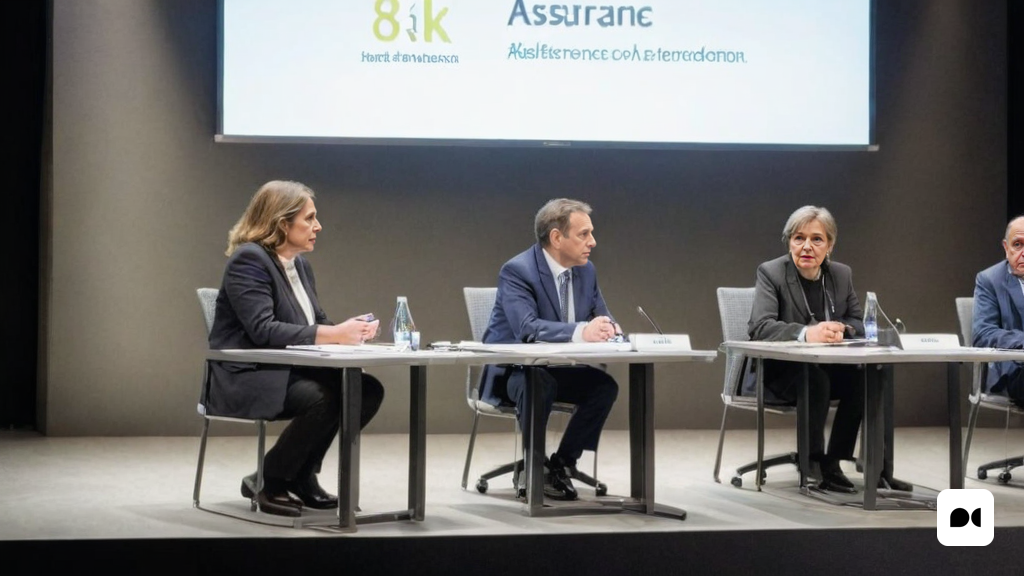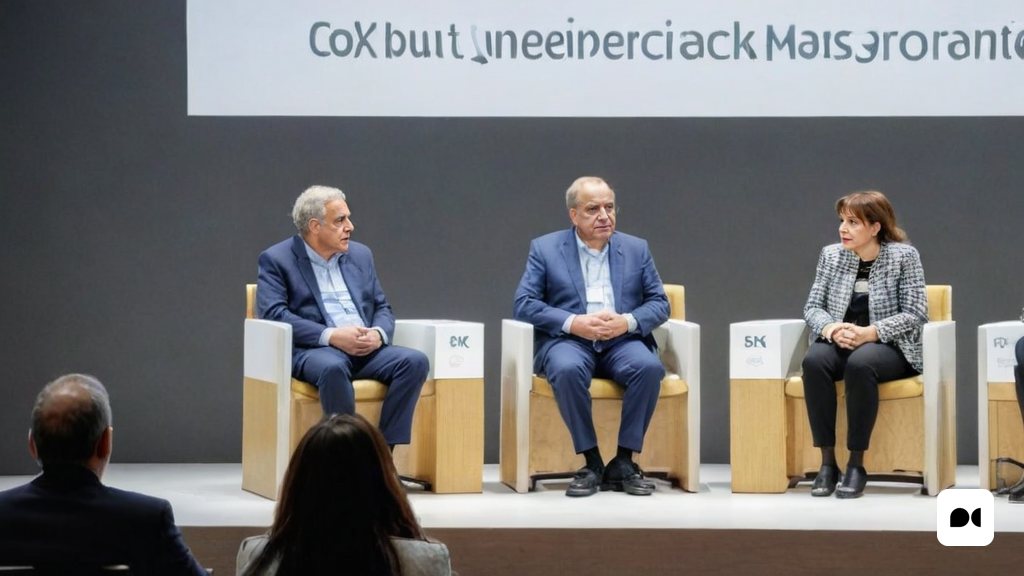This is not charity, but a fundamental right. This is the idea that yesterday presided over the third En Clau de Futur colloquium, organized by El Punt Avui with the support of the “la Caixa” Foundation, under the title Towards social inclusion in the workplace. The journalist Jordi Grau moderated the debate between three experts in the field: Francesc Ventura, deputy director of the Social Inclusion area of the “la Caixa” Foundation, which promotes the Incorpora program; Núria Pi, responsible for the Communication and Training area of the Support-Girona Foundation, and Pepita Perich, general director of the Ramon Noguera Foundation in Girona.
A right and a duty
The speakers agreed to highlight the importance of people with disabilities being able to access the labor market, whether in the ordinary or the protected sector, to achieve their economic, social and personal autonomy. For this reason, they demanded more resources for third sector entities that work for this group, as well as for the education system, which is still not adapted to their needs. They also defended that work, in addition to being a right, is a duty that implies a responsibility and a contribution to society.
Freedom of choice
One of the aspects that the experts emphasized the most was that of the freedom of choice of people with disabilities when deciding what they want to do with their lives, both on a professional and personal level. In this sense, they denounced the paternalistic and overprotective attitudes that often occur with this group, both from the justice system and from the families. They recalled that the UN Convention for the Rights of Persons with Disabilities and the law of social integration of these persons recognize their right to choose and to have support networks to exercise it. Therefore, they called for breaking the false myths and stereotypes that still persist about disability, such as their inability to undertake certain tasks or to endure a full working day.
Diversity and competitiveness
The speakers also highlighted that the diversity of the workforce is a competitive factor for companies, which increasingly value the talent and knowledge that people with disabilities bring. In this sense, they explained that the “la Caixa” Foundation’s Incorpora program has detected a change in mentality in companies, which no longer hire this group for a matter of social responsibility, but for a matter of human resources. They cited a study by Hopkins University in Baltimore (United States) that indicates that Generation Z, made up of young people between 20 and 30 years old, has incorporated the value of diversity and is looking for more inclusive leadership.
Girona, a reference model
Another point that was highlighted during the conference and colloquium was the role of third sector entities, which work on a non-profit basis for people with disabilities and who need the support of the administration and the business fabric to carry out their social projects. In this area, the speakers praised the Girona model, where there is good cooperation between the different agents involved and a network that facilitates processes and services. They gave as an example the proximity to the justice system, which makes it possible to obtain more support assistance and more rulings in favor of the right of choice for people with disabilities. They also highlighted the employment data for this group in the Girona regions, where there are almost two thousand people working in half a thousand companies, and the new field of insertion represented by self-employment, in which the “la Caixa” Foundation has supported 85 people since 2017.
Pending challenges
Finally, the three experts were critical of some aspects that are still pending to improve the situation of people with disabilities. One of them was the revision of the law of social integration of the disabled (LISMI), which dates from 1985 and which establishes that companies with more than 50 workers must reserve places for this group. According to the speakers, this law is too rigid and does not adapt to the current reality, where many workers with disabilities do not receive a salary, but a social benefit. Another was education, which according to them is not inclusive due to a lack of resources and political will. “The Education administration does not believe in it and this generates even more disability,” said Pepita Perich. The great conclusion of the day was summarized by the moderator, Jordi Grau, in the sense that people should not be judged for their disability and that their rights should be defended by working in a network and from the territory.


